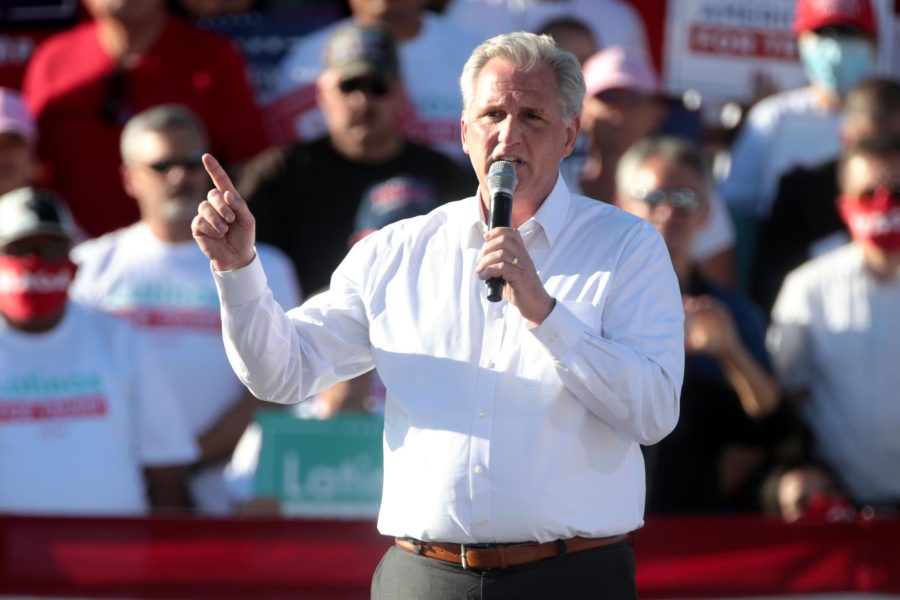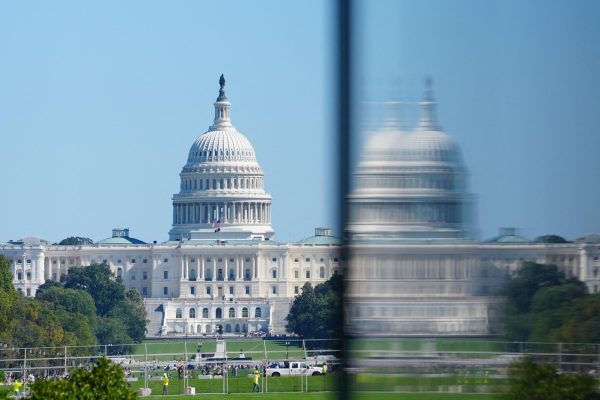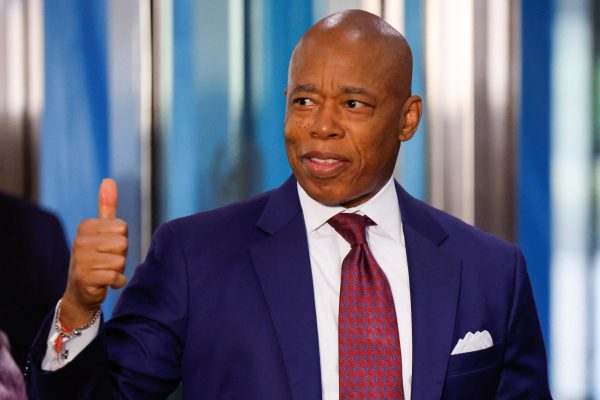McCarthy wins House speakership after 15 ballots
After a historic 15 rounds of voting in the House of Representatives, Kevin McCarthy of California won the election for Speaker of the House on Jan. 7. This win only resulted from many concessions from McCarthy to escape the standstill.
McCarthy made a deal with conservative lawmakers on the 12th and 13th votes earlier in the day, allowing him to gain their votes and push ahead, according to a Jan. 7 New York Times article. He was able to win over the remaining holdouts in a late-night session, finally winning with the minimum required votes.
This historic five-day, 15-ballot vote emphasized the limits to McCarthy’s power over the new Republican majority in the House. It predicts difficulties he will face in his position, battling a narrow majority alongside a hard-right faction that aims to dramatically decrease spending, disrupting business. This struggle, before the House began its session, suggests that passing even seemingly basic bills regarding government funding or the federal debt will cause strife over the next two years, according to a Times article.
This campaign for speakership was the longest since 1989, freezing the House’s power since lawmakers did not have their security clearances because they could not yet be sworn in as official members of Congress.
Ultimately, in the 15th vote, McCarthy earned 216 votes while Democratic leader and representative Hakeem Jeffries of New York earned 212, with six Republicans voting “present.” After being elected, McCarthy swore in the 434 members of the House, officially seating the 118th Congress.
The concessions that McCarthy agreed to would significantly decrease his power, further complicating the House’s ability to function efficiently. McCarthy first agreed to allow a single lawmaker to force a snap vote at any time to oust the speaker, according to a Time article. He previously refused to accept this rule, viewing it as ensuring he would not keep his role as speaker for an extended period.
The other part of the proposal was for McCarthy to give the far-right faction approval over a third of the seats on the Rules Committee, which controls the legislation that reaches the House floor and how it is debated. Additionally, McCarthy agreed to open government spending bills to unrestricted debate, allowing any lawmaker to force votes on proposed changes.
This lengthy election caused tension and uncertainty in the Capitol, placing a spotlight on the faults in the Republican party which caused the House to be placed in a state of paralysis at the start of their rule.
Photo Credit: “Kevin McCarthy” by Gage Skidmore is licensed under (CC BY-SA 2.0)









